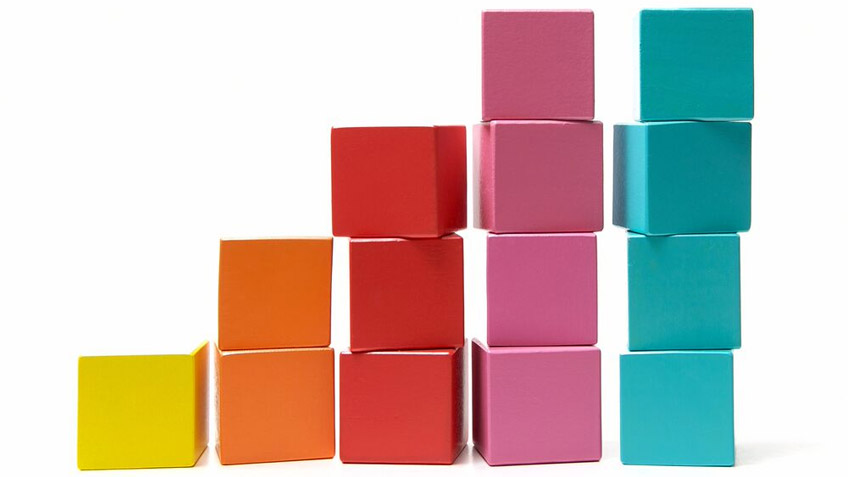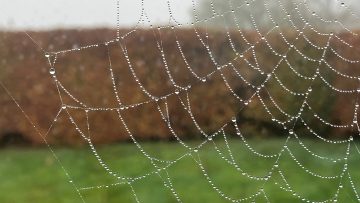
Each number in the sequence 49, 4489, 444889, 44448889 is a perfect square. (i.e. the first digits are always 4s, the next digits are 8s but always 1 fewer of them, the units digit is always 9.)
Prove that the numbers are always perfect squares.
Can you find another sequence (of the form XXXXYYYZ like above but different digits) that behaves in the same way?
Therefore,
i.e. a string of 2n 4s plus a string of n 4s plus 1 which will be a number where the first digits are 4s, the next digits are 8s but 1 fewer of them and the units digit is 9. Similarly numbers such as 11115556 will be perfect squares, i.e. the first digits are 1s, the next digits are 5s but 1 fewer of them and the units digit is 6.



